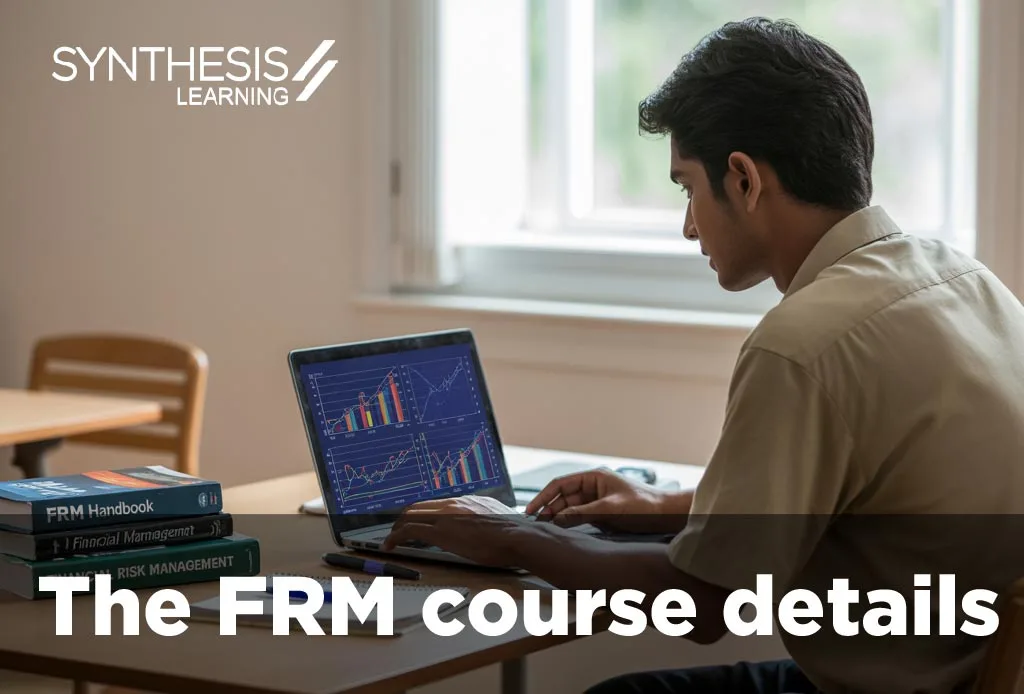India’s finance education system is evolving quickly. According to the 2024 NISM report, only 27% of Indians possess basic financial literacy. At the same time, India produces more than 1.5 million commerce and finance graduates each year. However, a wide gap exists between what students learn and what employers expect. Changing technologies, global financial trends, and the increasing use of data are prompting schools and colleges to reassess how finance is taught.
Today, we cover the key trends that are shaping the future of finance education in India. It offers practical insights, examples, and verified updates to help students, educators, and institutions make informed decisions.
Global Credentials Are Becoming Core Curriculum
Global finance certifications such as ACCA, CFA, US CMA, and CPA are now considered essential. These qualifications offer international recognition and practical knowledge in accounting, auditing, finance, and strategy.
ACCA Official Website
Institutions like Synthesis Learning offer structured guidance to help students complete these certifications. Learners gain technical skills, ethical understanding, and global exposure that employers value.
Synthesis Learning – ACCA Course
Digital Financial Literacy on the Rise
As more Indians manage their finances online, digital finance skills have become increasingly crucial. A 2023 PwC India survey found that 68% of Indians prefer using mobile apps to track their spending and investments.
PwC India Survey Source
Platforms like Zerodha, Groww, and ET Money now offer both tools and education, helping users learn as they invest. This approach makes finance more accessible and hands-on.
Groww Learn
Personalised and Adaptive Learning Models
Modern platforms utilise AI to tailor content to students’ individual needs, goals, and progress. This helps learners stay on track without feeling overwhelmed.
Global platforms such as Coursera and Skillshare use AI tools to personalise course paths. Indian finance institutions are also starting to adopt these methods.
Coursera India
Early Integration in School Curriculum
In 2023, CBSE introduced financial literacy into the curriculum for classes 9 to 12. These lessons cover savings, banking, budgeting, taxes, and investment basics.
Programs from the RBI and SEBI are also being introduced in schools to build financial awareness from a young age.
RBI Financial Literacy
Gamification for Engaging Younger Learners
Gamified platforms help learners understand finance through interactive games, quizzes, and simulations.
Apps like Financial Football and Money Magic make budgeting and saving more fun. A 2024 McKinsey report predicts a 40% increase in gamified finance learning tools by 2028.
Rise of Behavioural Finance in Curriculum
Behavioural finance teaches how emotions and biases affect money decisions. Courses in business schools and online platforms now include this subject to help learners better understand personal finance behaviour.
Institutes like IIM Ahmedabad and ISB are adding behavioural finance to their modules.
ISB Behavioural Economics
Fintech and AI in Finance Education
Finance roles now require knowledge of tools such as Python, R, Tableau, and Power BI. AI is utilised in credit scoring, fraud detection, and robo-advisory services.
Courses from Synthesis Learning and others are incorporating these skills into their finance curricula.
Synthesis Learning Courses
Financial Wellness Focus
Finance education is expanding beyond earning to include topics like debt management, stress-free spending, and long-term financial planning.
Organisations like NFEC are creating structured wellness frameworks to promote healthy financial habits.
NFEC Wellness Programs
Government-Led Literacy Campaigns
Government bodies like the RBI and SEBI are driving financial awareness through national campaigns.
Examples include:
SEBI’s Saathi App
RBI’s Financial Literacy Week
NABARD’s financial inclusion training
Micro-Credentials and Modular Upskilling
Short-term certifications in areas such as ESG, blockchain, and valuation enable learners to update their skills quickly. These are useful for both students and working professionals.
Platforms like Synthesis Learning offer stackable micro-courses that can later be counted towards larger qualifications.
Short Courses – Synthesis
Industry-Academia Collaboration
Financial institutions are collaborating with banks, fintech companies, and consulting firms to develop more effective training programs. These collaborations result in practical case studies, enhanced internships, and job-ready graduates.
Recent tie-ups include ICICI with leading universities to co-develop finance programs.
ICICI Education Partnerships
Finance Education for Rural India
Digital divide and language barriers limit access in rural areas. Institutions are now translating finance content into regional languages and offering training via IVR and offline modules.
NGOs like Janalakshmi Financial Services and Grameen Foundation are leading this work.
Grameen Foundation India
Social Media and Influencer-Led Learning
Finance influencers now play a key role in teaching budgeting, investing, and taxes. YouTube and Instagram are full of easy-to-understand finance videos.
While informal, this content is useful for beginners and students with limited access to formal education.
AI Tutors and Smart Platforms
AI-based tutors are being used to answer student queries, suggest study plans, and offer practice tests. This enhances learning and enables teachers to support a greater number of students.
By 2030, over 50% of financial learning in India is expected to be delivered through AI-based tools.
Standardization of Finance Literacy Programs
Regulators are creating common guidelines for schools and colleges. This will enable all students to learn the same key skills, regardless of their place of study.
Initiatives include certification programs, digital badges, and content approval mechanisms.
Conclusion
Finance education in India is becoming more digital, more personalized, and more practical. From school children to professionals, everyone now has access to new learning tools, global credentials, and community-led programs.
Institutions like
Synthesis Learning are driving this change. With expert-led guidance and industry-ready content, they help learners build skills that matter.
The future of finance education is not just about theory; it’s about preparing for a real-world financial career. To stay ahead, students must be ready to learn in new ways and apply their knowledge in real situations.




